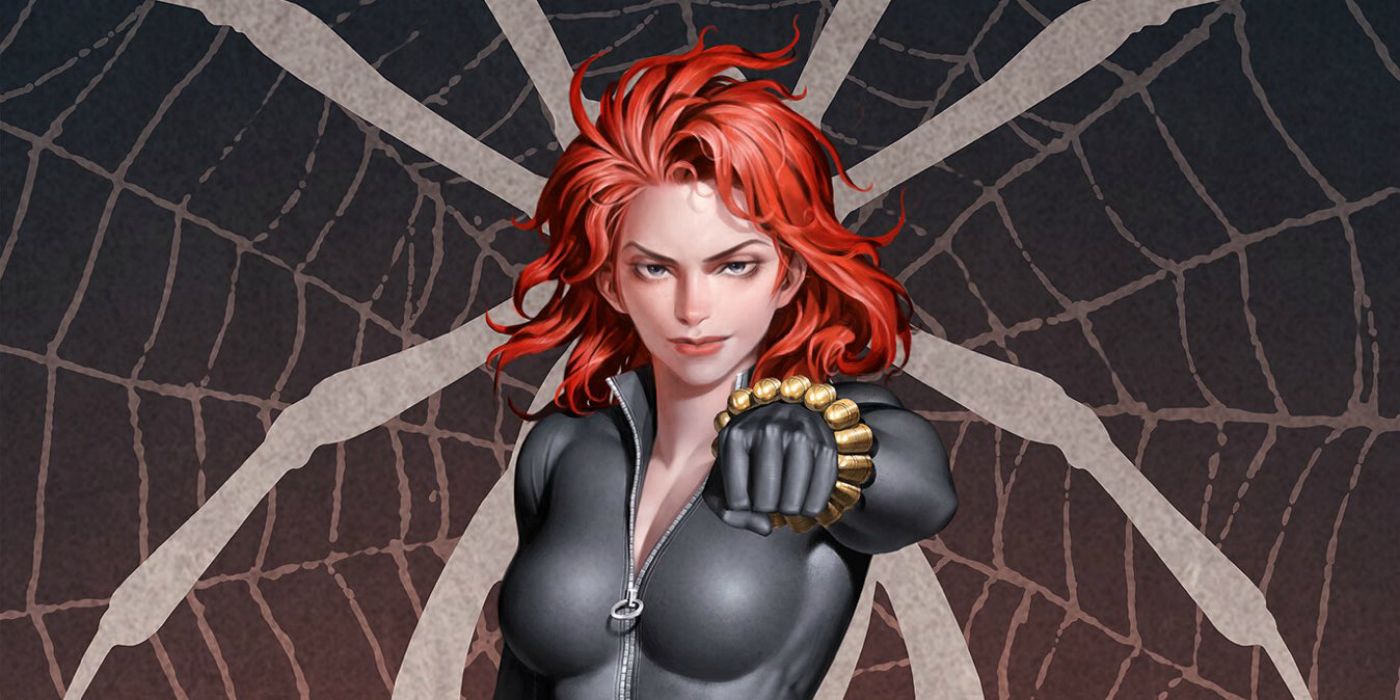
Here's your guide to all the most important comics to read ahead of the Black Widow solo movie. Created by Stan Lee, Don Rico, and Don Heck, Black Widow was originally introduced as a sexy Russian spy back in 1964. She was originally envisioned as an Iron Man villain, which made sense given the Cold War and the rivalry between American capitalism and Soviet communism was at its height. It didn't take long for Natasha Romanoff to wind up fighting on the side of the angels, though, and she soon wound up a member of the Avengers.
Scarlett Johansson was introduced as the MCU's version of Black Widow back in 2010, and there's been a clamor for a solo film ever since. Marvel's finally decided to give the character her own starring vehicle, despite it being oddly timed since Black Widow was killed in Avengers: Endgame.
Black Widow has been in a consistent force in Marvel Comics since 1964, so there is certainly a lot of stories for the MCU flick to choose from. Natasha has been through a lot in the comics - still, there's no chance the MCU will give its version of Romanoff a long-standing romance with Daredevil since the movies follow their own path. Here are some comics Black Widow is likely to draw inspiration from.
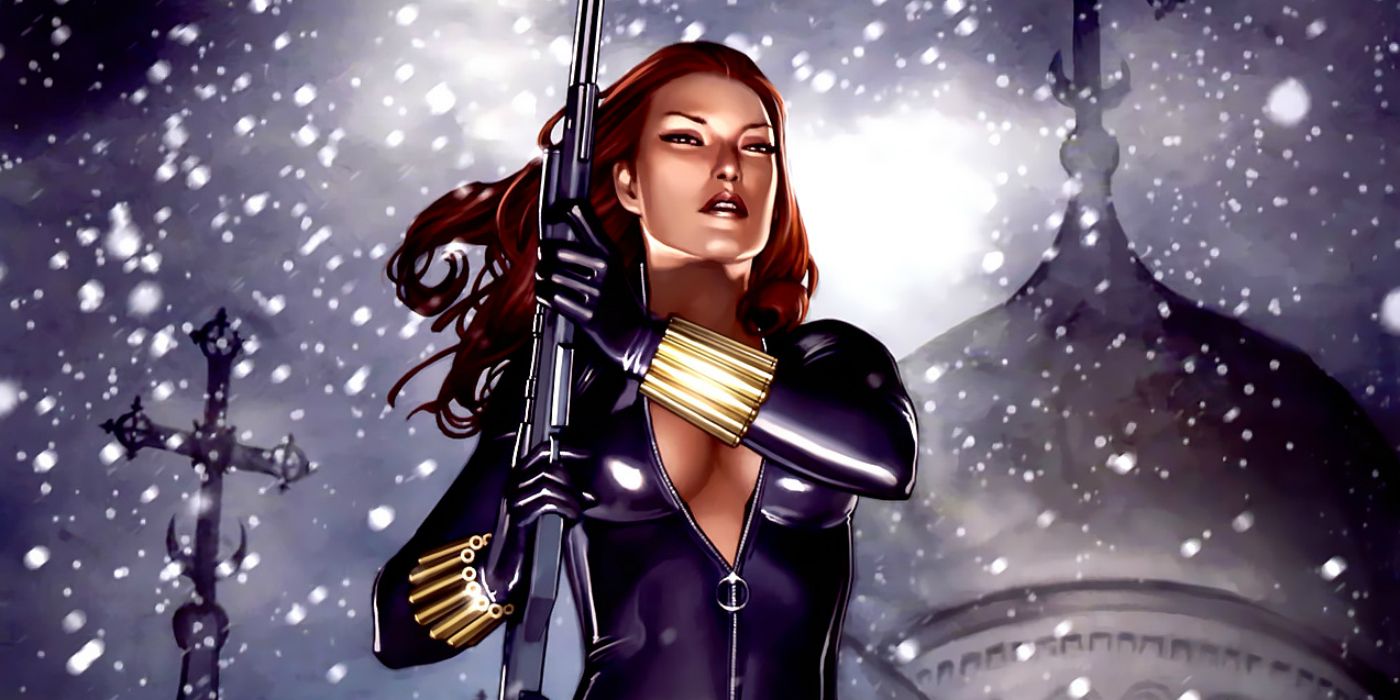
One comic book miniseries has essentially transformed Black Widow for the MCU; Paul Cornell's Black Widow:Deadly Origin. Ahead of Black Widow's big-screen introduction in Iron Man 2, Marvel Comics asked Cornell to straighten out her convoluted backstory. He did a tremendous job, subtly rewriting the history of the Red Room and Natasha's formative experiences there.
Black Widow: Deadly Origin had a profound impact on the MCU, with Joss Whedon drawing upon it for his Black Widow plot in Avengers: Age of Ultron, and it looks to be similarly important for Black Widow. The Black Widow trailer prominently features a white costume that's lifted straight from Deadly Origin.
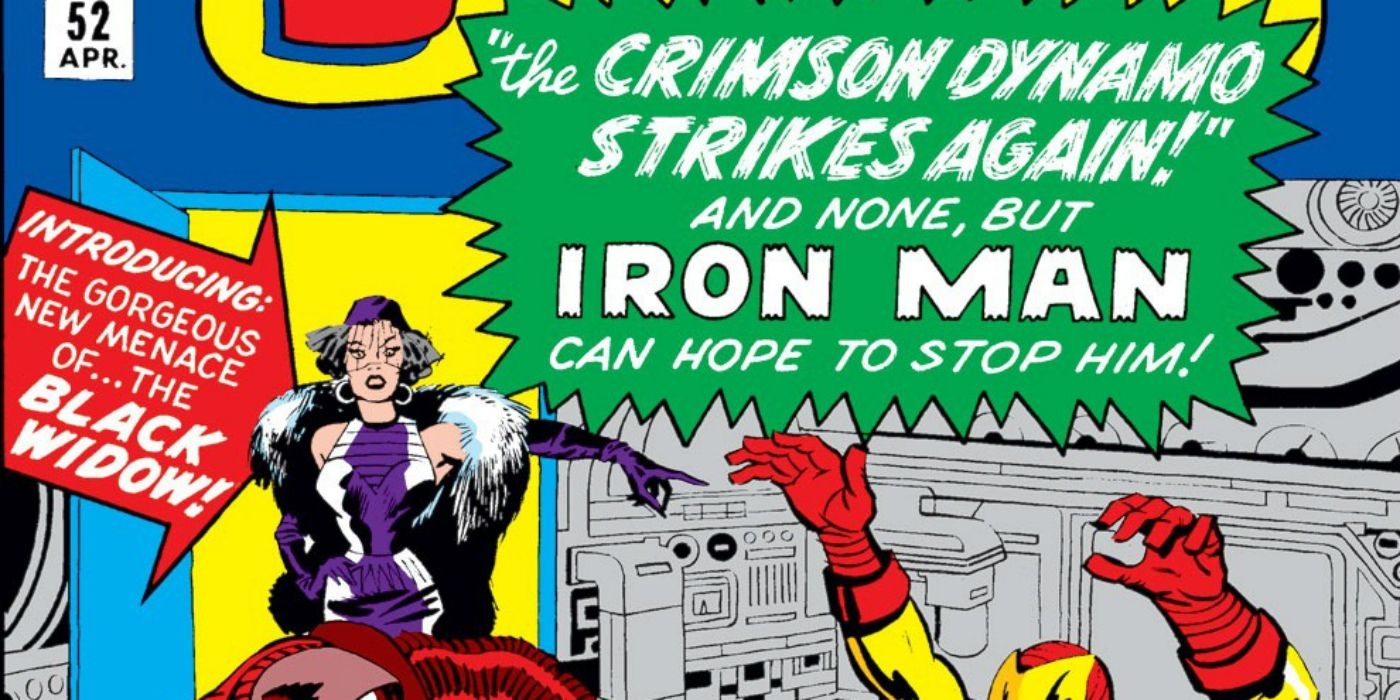
Of course, readers will want to check out Black Widow's actual introduction as an Iron Man foe in Tales of Suspense #52 - if only to see how far she's come. This earliest iteration of the Black Widow was very different, lacking the complex mythology that would be added over the course of decades. She didn't even wear her trademark catsuit, instead donning a strange purple outfit that was supposed to be clothing from the height of fashion rather than a super-suit.
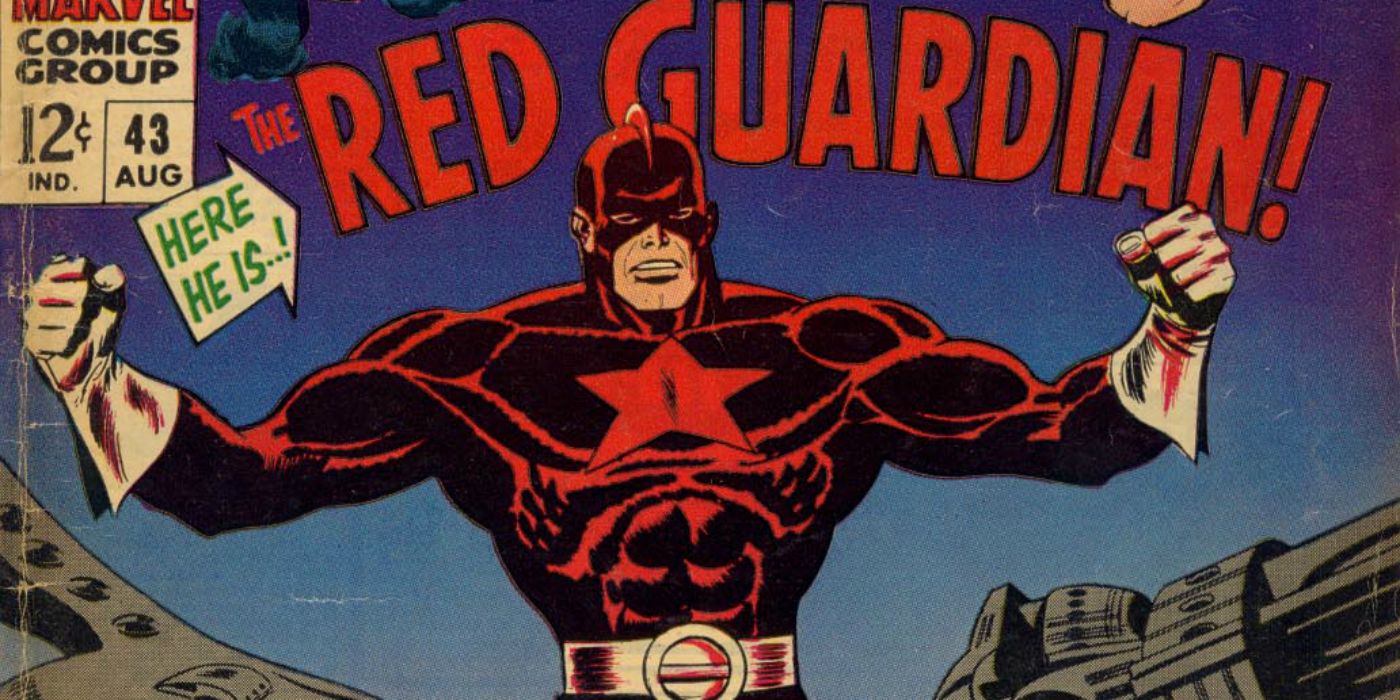
Black Widow features David Harbour (Stranger Things, Hellboy) as Red Guardian, aka Russian cosmonaut Alexi Shostakov. Created as Russia's answer to Captain America, Red Guardian was intended to be the champion of the Soviet Super-Soldiers. He also has a very personal connection to Natasha Romanoff. In the comics, Shostakov had met Natasha when she was in deep cover years ago, and the two had fallen in love and married. Unfortunately, Shostakov was a patriot, and the Soviet Government was able to persuade him to fake his death in order to become a super-soldier. This was the turning point in Natasha's life because his apparent death led her to give up and surrender to the Red Room program. Avengers #43-44 saw Red Guardian attack the Avengers, and he and Black Widow recognized one another pretty quickly.
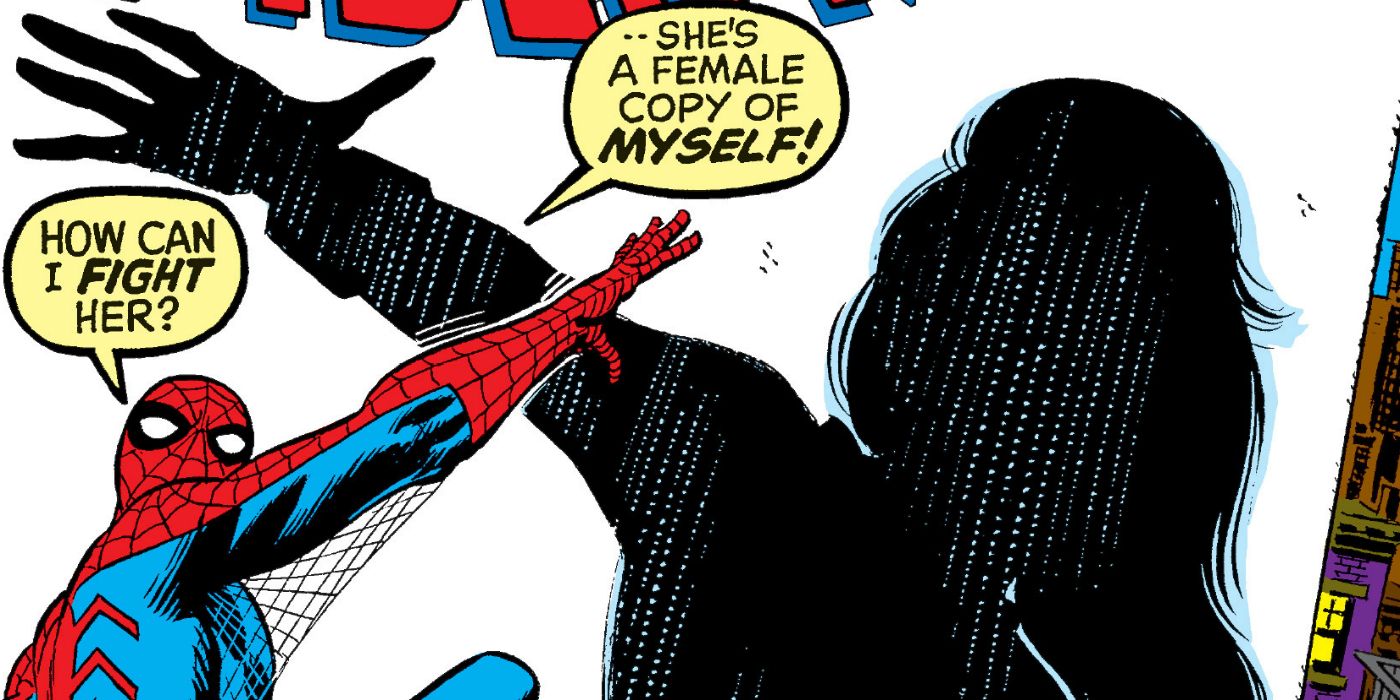
Amazing Spider-Man #86 sees Black Widow reinvent herself, finally adopting the black catsuit she's most famous for. It's an amusing issue, not least because she decides to test the new suit out by taking on a spider-powered enemy - Spider-Man. The plot is fairly inconsequential, but it gives a good insight into Natasha Romanoff's mindset in those early days.
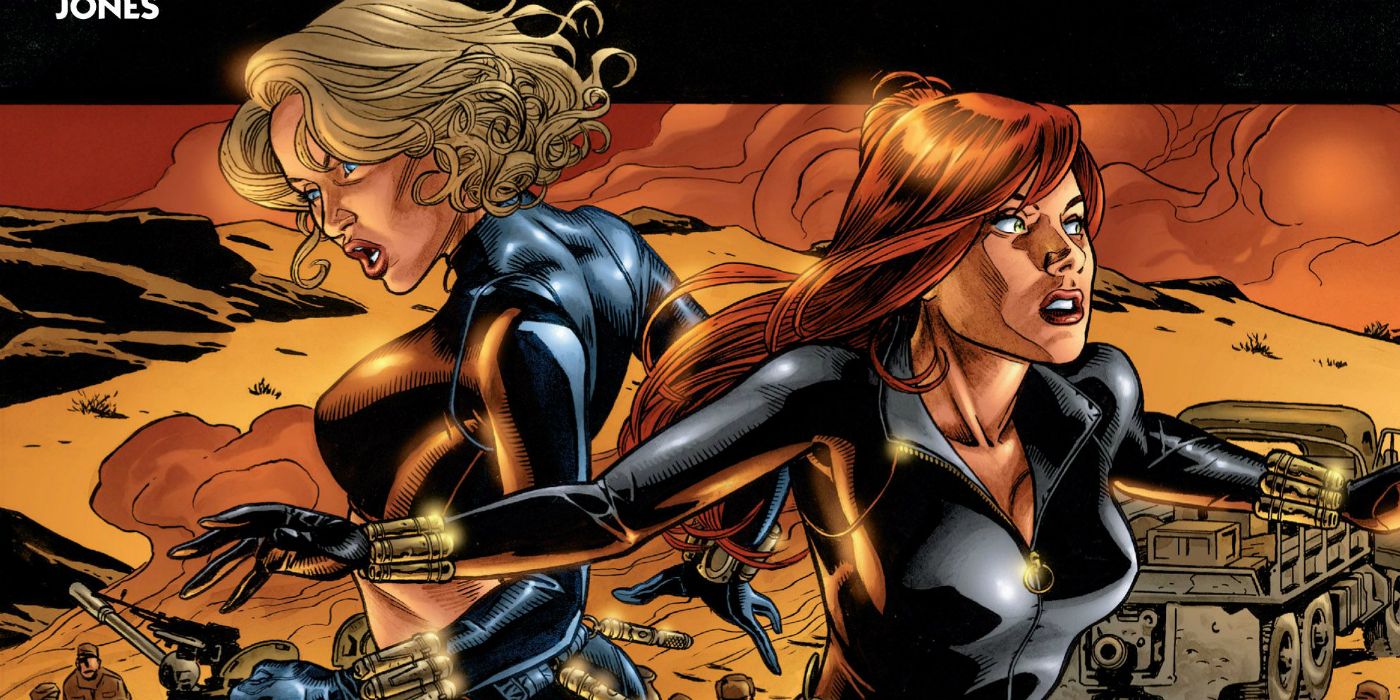
Written by Devin Grayson and with art by J.G. Jones, the 1999 Black Widow series - which ran for three issues - is one of Natasha Romanoff's most important stories. It saw Natasha cross paths with Yelena Belova, her successor at the Red Room, who desperately wanted to prove herself better than Black Widow. The rivalry between the two played out in a deadly crisis, as they raced to acquire a potent bioweapon. Yelena is played by Florence Pugh in Black Widow, and the dynamic between the two looks to be central to the movie.
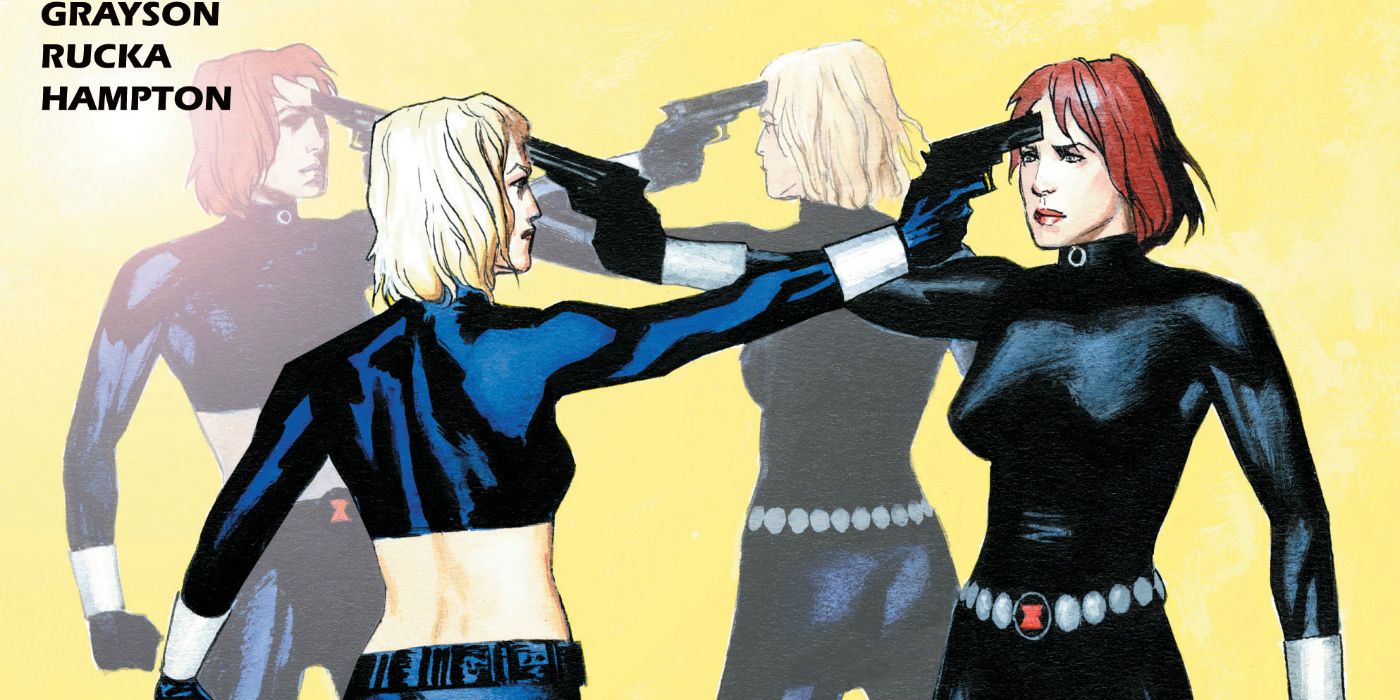
One of the strangest entries on this list, the 2001 Black Widow series - written by Greyson with Greg Rucka, and with art by Scott Hampton - was intended as a sequel to the 1999 book. In this story, Natasha Romanoff went to extreme measures to take some stolen nuclear weapons out of commission while attempting to redeem Yelena Belova. Her method was absolutely nuts, involving having their bodies surgically altered so as to confuse Yelena into believing she was actually Natasha Romanoff.
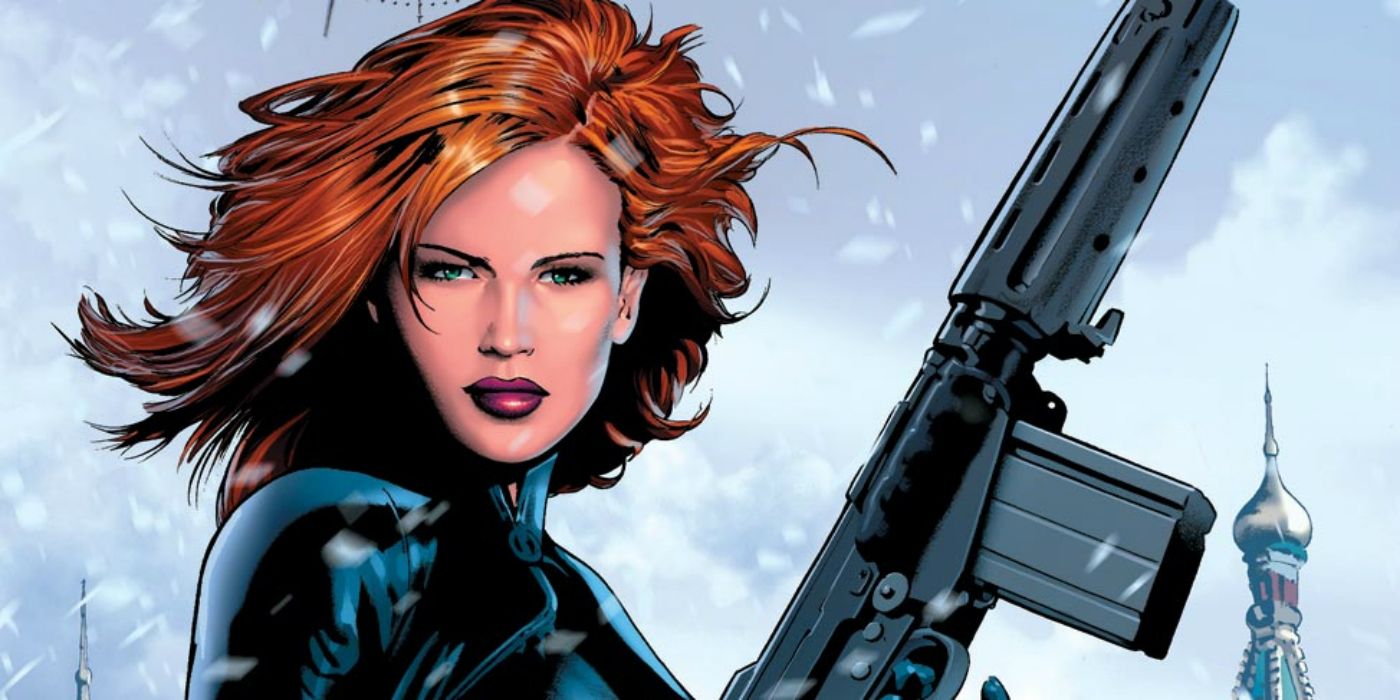
Fast-forward to 2004, for another key Black Widow miniseries. This one - written by Richard K. Morgan and with art by Bill Sienkiewicz - ran for six issues, and it saw Natasha confront the evils of the Red Room once again. She finally came face-to-face with the woman who had run the Red Room for all this time; Lyudmila Kudrin, a ruthless woman who had justified her evils as patriotism. The book subtly rewrote the history of Black Widow once again, revealing that aspects of her memories were fake, including those famous ballet lessons.
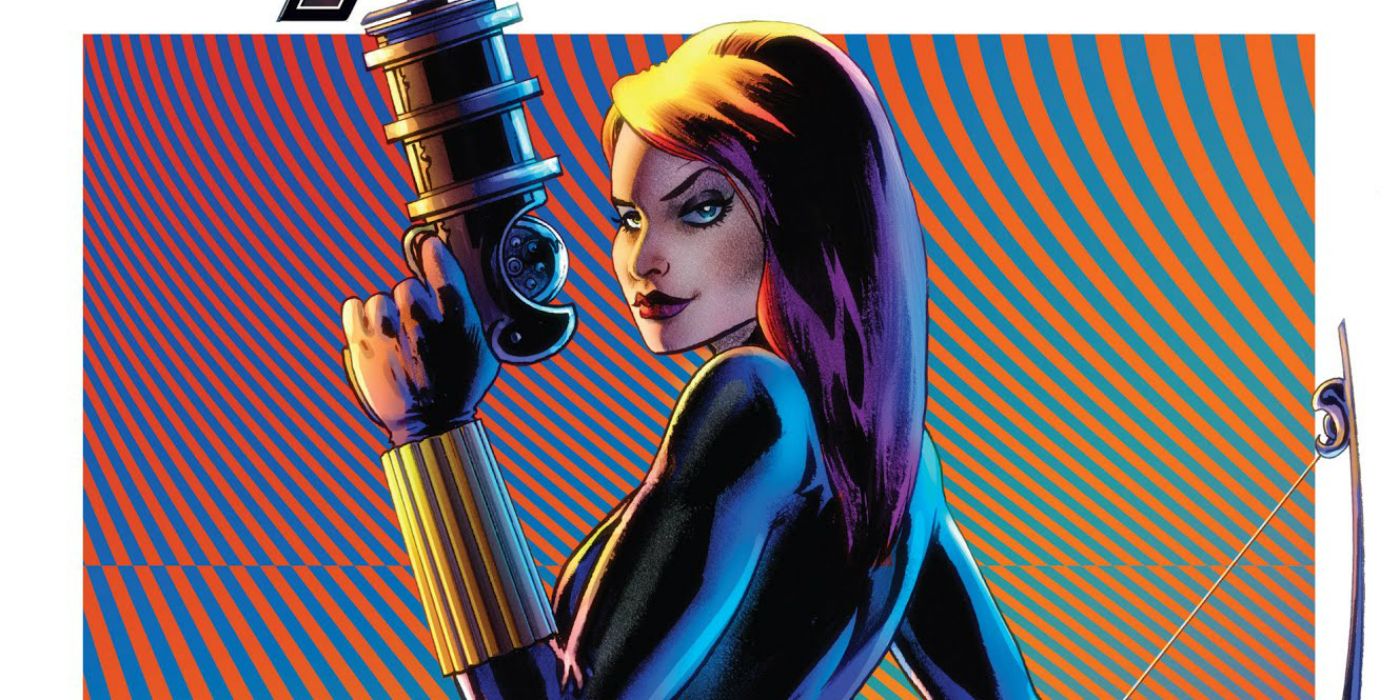
Warren Ellis' Secret Avengers run included a fascinating one-and-done issue in which Natasha Romanoff attempted to rewrite history to ensure the Avengers weren't killed in battle. The concept is quite an intriguing one, and Secret Avengers #20 is particularly notable because of its model of temporal mechanics. It's pretty much the same approach the MCU took with Avengers: Endgame.
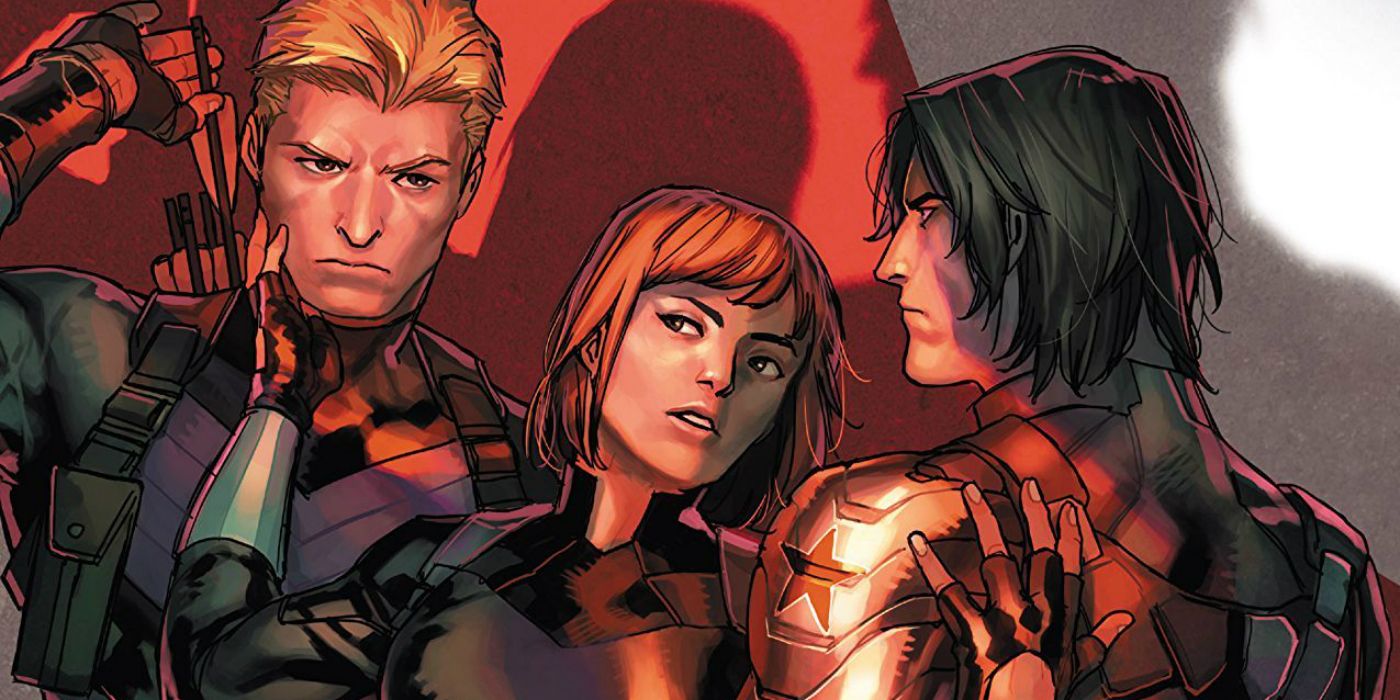
2017's "Secret Empire" event saw Steve Rogers go rogue, and in the peak of his madness he brutally killed Black Widow. Fortunately, that wasn't the end of Natasha Romanoff's story in the comics; Marvel put writer Matthew Rosenberg in charge of a revival of the old Tales of Suspense brand, and he was asked to tell the tale of Black Widow's resurrection. Hawkeye and Winter Soldier discovered the truth behind the Red Room; it had developed cloning technology and was working with a mutant named Epsilon Red. When Black Widow died, they initiated a resurrection protocol, and Epsilon Red was supposed to implant copies of Natasha's memories into the body - but carefully edited so as to make her loyal to the Red Room. Fortunately, he rebelled. It's unclear whether this story will have any major impact on the Black Widow movie, but it's interesting to see the ultimate direction the Red Room took in the comics before Natasha brought it down for good. There are certainly some interesting visual similarities between the Red Room costume Black Widow was given in this book and one of the new costumes seen in the Black Widow trailer.
from ScreenRant - Feed https://ift.tt/38ICdNC

0 comments:
Post a Comment